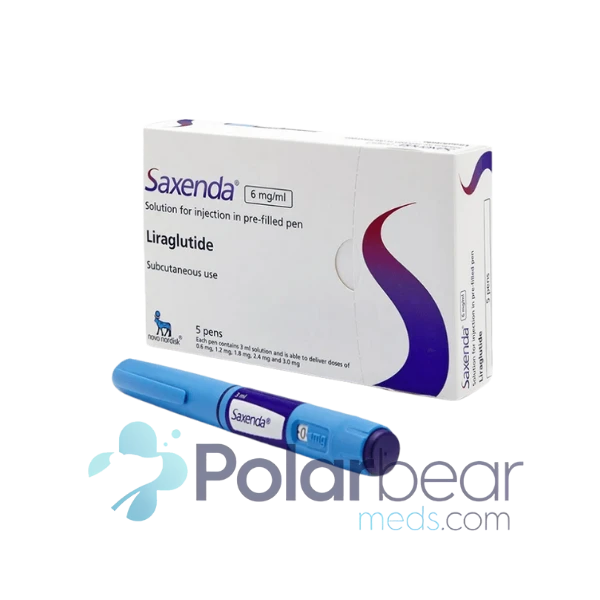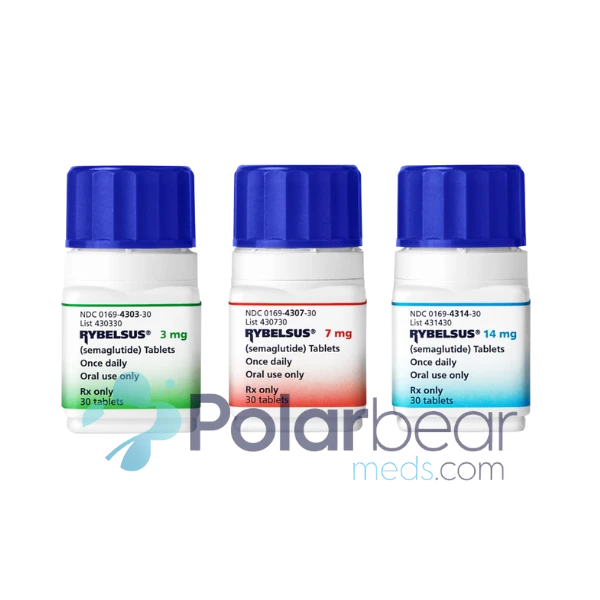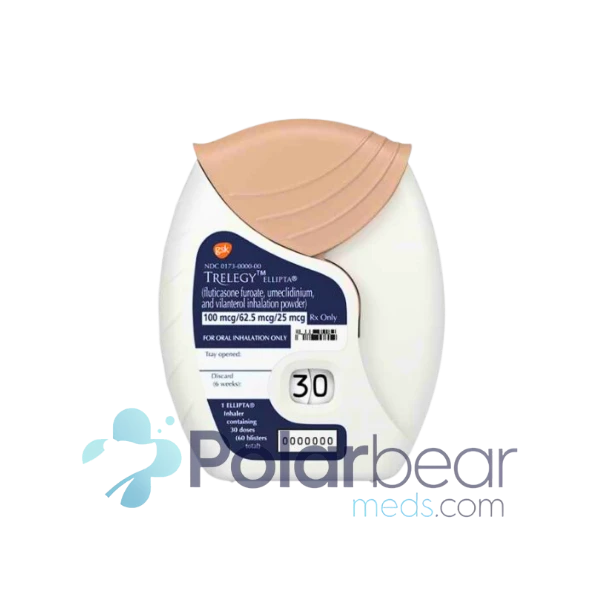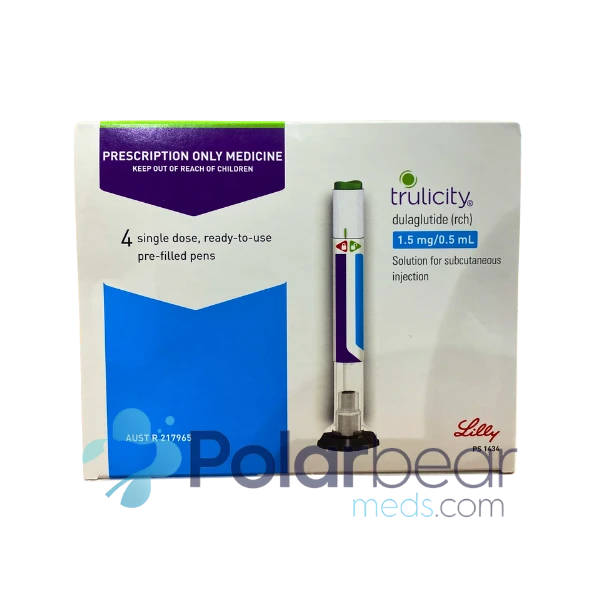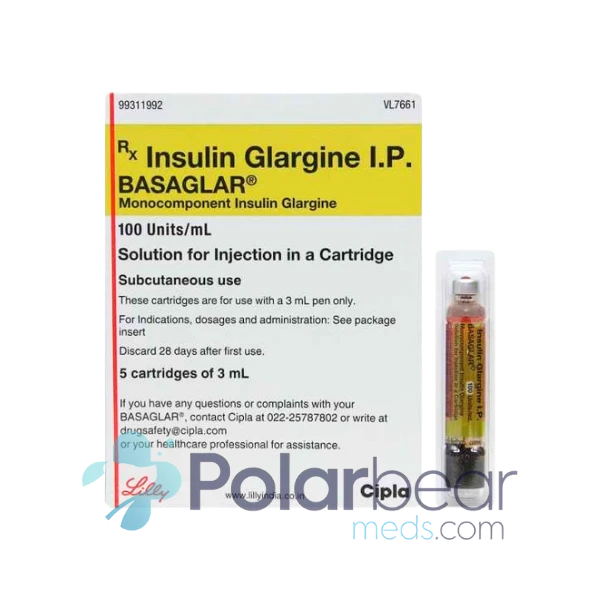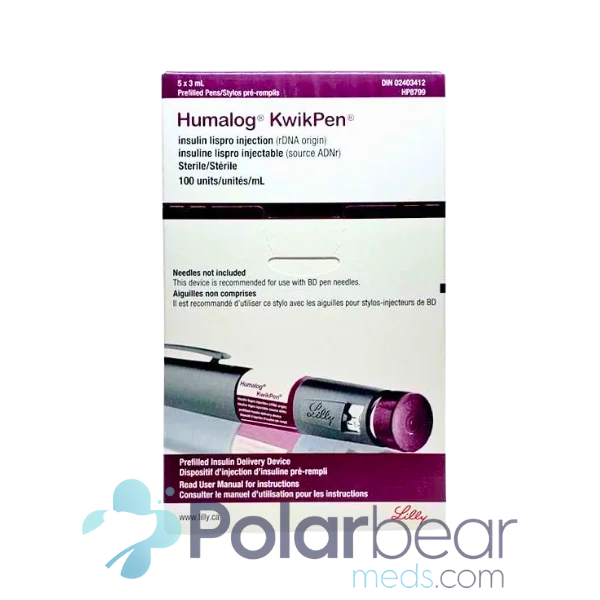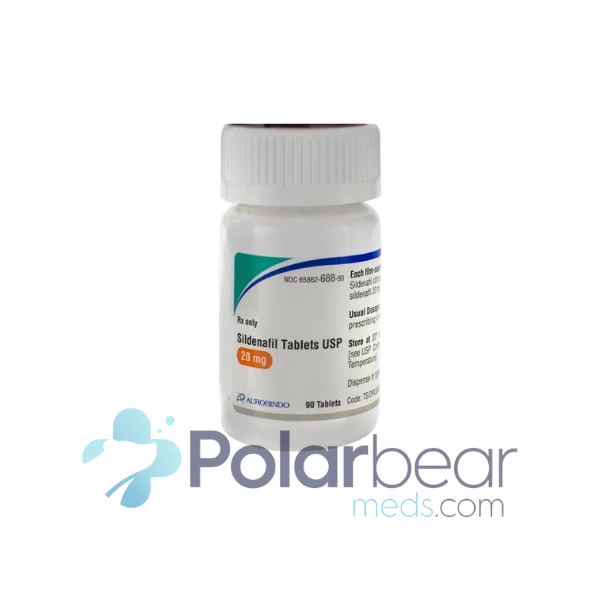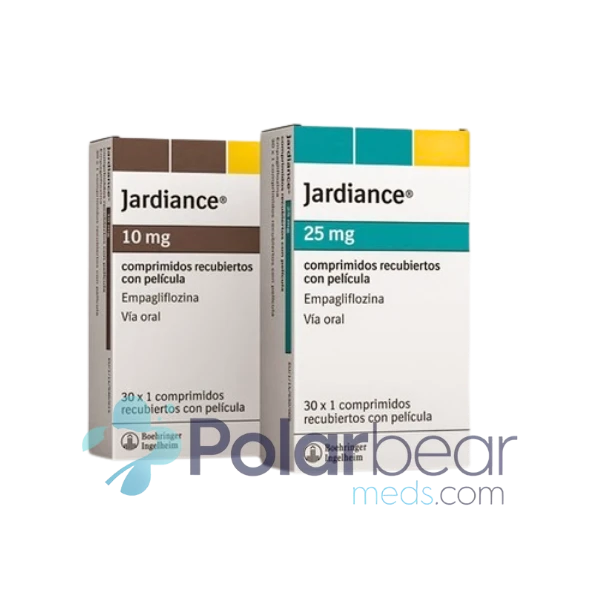
The most common side effects with Trulicity are:
- Nausea
- Diarrhea
- Vomiting
- Abdominal Pain
- Decreased appetite
Nausea happens most often when first starting Trulicity.
In studies, 8% to 29% using Trulicity experienced some nausea, which typically occurred during the first 2 to 3 days after they took their first dose. Nausea generally subsided after the first 2 weeks, but some people experienced nausea with
Trulicity beyond their second week of treatment. Less than 2% needed to stop taking Trulicity because of nausea.*

When you increase your dose of Trulicity, you might experience nausea. With the higher dose options, about 16% of people experienced nausea and about 1% of people needed to stop taking Trulicity because of it.

Eat smaller meals
Try splitting your 3 daily meals into 4 or more smaller ones

Avoid fat or fatty foods

Stop eating when you feel full

Try eating bland foods like toast, crackers, or rice
PURPOSE AND SAFETY SUMMARY WITH WARNINGS
Important Facts About Trulicity® (Trῡ-li-si-tee). It is also known as dulaglutide.
Trulicity is a prescription medicine for adults with type 2 diabetes used to improve blood sugar (glucose) and used to reduce the risk of major cardiovascular events ( problems having to do with the heart and blood vessels) such as death, heart attack, or stroke in people who have heart disease or multiple cardiovascular risk factors.
- Trulicity is given through an injection (needle). You take it once a week by injecting it under the skin of your stomach, thigh, or upper arm. Use Trulicity together with the diet and exercise that your doctor recommends.
Warnings
Trulicity may cause tumors in the thyroid, including thyroid cancer. Watch for possible symptoms, such as a lump or swelling in the neck, trouble swallowing, hoarseness, or shortness of breath. If you have a symptom, tell your doctor.
- Do not use Trulicity if you or any of your family have ever had a type of thyroid cancer called medullary thyroid carcinoma (MTC).
- Do not use Trulicity if you have Multiple Endocrine Neoplasia syndrome type 2 (MEN 2).
- Do not use Trulicity if you are allergic to dulaglutide or other ingredients in Trulicity.
Ask your doctor how to recognize the serious side effects below and what to do if you think you have one:
Inflamed pancreas (pancreatitis). Stop using Trulicity and call your healthcare provider right away if you have severe pain in your stomach area (abdomen), with or without vomiting, that will not go away. You may feel the pain from your abdomen to your back.
Changes in vision. Tell your healthcare provider if you have changes in your eyesight (vision) during treatment with Trulicity.
Low blood sugar (hypoglycemia). Signs and symptoms of low blood sugar may include dizziness or light-headedness, confusion or drowsiness, headache, blurred vision, slurred speech, fast heartbeat, sweating, hunger, shakiness, feeling jittery, weakness, anxiety, irritability, or mood changes.
Serious allergic reactions. Stop using Trulicity and get medical help right away if you have any symptoms of a serious allergic reaction which may include: swelling of your face, lips, tongue or throat, problems breathing or swallowing, severe rash or itching, fainting or feeling dizzy, or very rapid heartbeat.
Acute kidney injury. In people who have kidney problems, diarrhea, nausea, and vomiting may cause a loss of fluids (dehydration). This may cause kidney problems to get worse.
Severe stomach problems. Trulicity may cause stomach problems, which could be severe.
Common side effects
The most common side effects of Trulicity include nausea, diarrhea, vomiting, abdominal pain and decreased appetite, indigestion, and fatigue.
These are not all the possible side effects of Trulicity.
Tell your doctor if you have any side effects. You can report side effects at 1-800-FDA-1088 or https://www.fda.gov/safety/medwatch-fda-safety-information-and-adverse-event-reporting-program.
Before using
- Your healthcare provider should show you how to use Trulicity before you use it for the first time.
- Before you use Trulicity, talk to your doctor about low blood sugar and how to manage it.
Review these questions with your doctor:
- Do you have other medical conditions, including problems with your pancreas, kidneys, liver, or stomach, or have a history of diabetic retinopathy (vision problems related to diabetes)?
- Do you take other diabetes medicines, such as insulin or sulfonylureas?
- Do you take any other prescription medicines or over-the-counter drugs, vitamins, or herbs?
Review the list below with your doctor. Trulicity may not be right for you if:
- You are pregnant or plan to become pregnant or breastfeeding or plan to breastfeed.
- You have type 1 diabetes.
- You have or have had an inflamed pancreas (pancreatitis).
- You have severe intestinal or stomach problems, such as slowed emptying or problems with digesting food.
- You are a child under 18 years old.
How to take
- Read the Instructions for Use that come with Trulicity.
- Use Trulicity exactly as your doctor says.
- Do not share your Trulicity pen, syringe, or needles with another person.
- Do not give Trulicity to other people.
- If you take too much Trulicity, call your healthcare provider or seek medical advice promptly.



